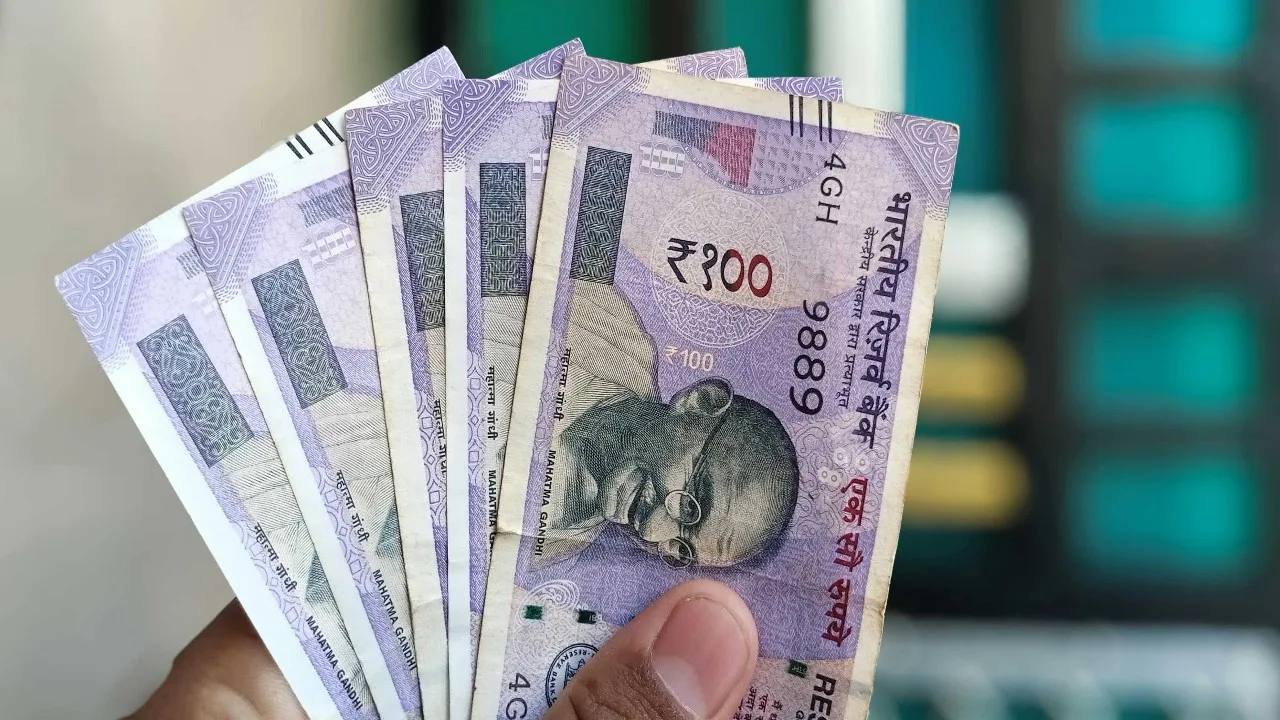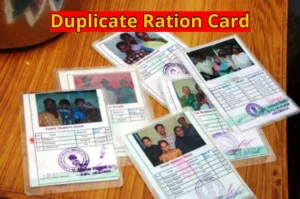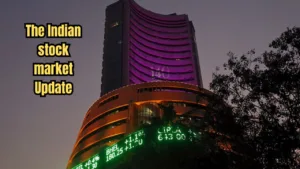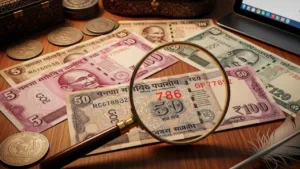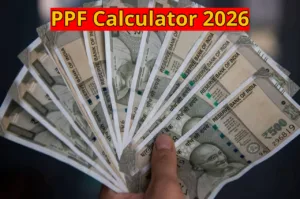Big news for government employees. The central government recently announced the approval of the 8th Pay Commission last month. Since then, there has been a lot of speculation regarding the fitment factor for this commission and the potential salary increases for central employees. Some experts predict that the minimum basic salary could rise by 108-186 percent, while former Finance Secretary Subhash Chandra Garg suggested in an interview that the increase might be capped at 20 to 30 percent.
As a result, over 1 crore central employees and pensioners are left wondering about the actual salary hike they can expect. Let’s take a closer look at the possible salary increases.
What is the 8th Pay Commission?
Currently, central employees are compensated under the 7th Pay Commission, which has been in effect since 2016. Each pay commission revises salaries and pensions based on inflation, leading government employees to anticipate a significant salary boost from the 8th Pay Commission.
Fitment Factor of the 8th Pay Commission
In an interview, former Finance Secretary Subhash Chandra Garg mentioned that the government might approve a fitment factor ranging from 1.92 to 2.08 for the 8th Pay Commission. On the other hand, Shiv Gopal Mishra, Secretary of the NC-JCM (National Council – Joint Consultative Machinery), argues that the fitment factor should be set at 2.86. The fitment factor is essentially a multiplier that indicates how much the minimum basic salary will increase.
What’s the expected salary bump?
If the 8th Pay Commission kicks in around January 2026, we can expect the Dearness Allowance (DA) to be about 60 percent by then. Right now, the minimum wage under the 7th Pay Commission is Rs 18,000. With the DA added, that brings the salary up to Rs 28,800.
Now, let’s break down what the salary could look like under the 8th Pay Commission:
– With a fitment factor of 1.92, the new minimum wage would be Rs 34,560, which is roughly a 20% increase.
– If the fitment factor is 2.08, the new minimum wage would jump to Rs 37,440, translating to about a 30% increase.
– At a fitment factor of 2.86, the new minimum wage could soar to Rs 51,480, marking an impressive 80% increase.
If we leave out the DA, the salary increases would be:
– 92% increase at a 1.92 fitment factor
– 108% increase at a 2.08 fitment factor
– 186% increase at a 2.86 fitment factor
So, it looks like once the 8th Pay Commission is in place, we could see a salary increase of around 20 to 30 percent. But keep in mind, this will heavily rely on the economic situation of the government and the country, so the actual minimum salary could vary.
